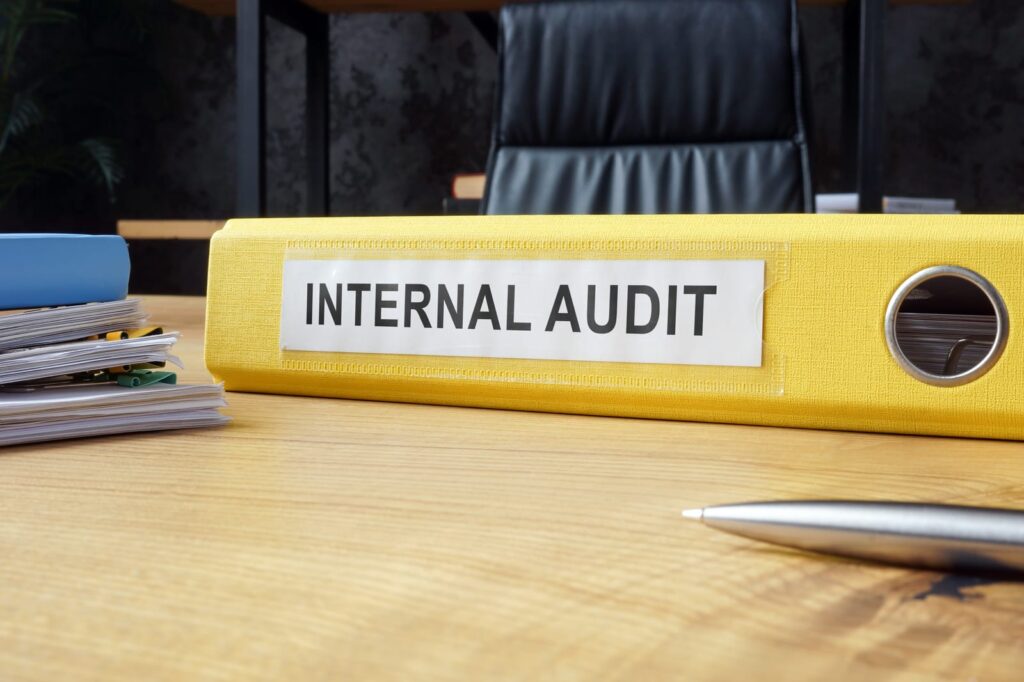Non-Profit Organizations (NPOs) in Canada play a vital role in addressing social, cultural, and environmental challenges. These organizations operate without the aim of generating profit, with their revenue typically reinvested into their core mission. However, like any other organization, NPOs must follow specific financial management and reporting standards to ensure transparency, accountability, and trust with stakeholders, including donors, beneficiaries, and regulatory bodies. A key component of financial management for Canadian NPOs is the audit requirement. This blog will discuss the audit requirements for NPOs in Canada, their importance, and how organizations can effectively prepare for an audit.
What is an Audit?
An audit is an independent examination of an organization’s financial records and statements by a qualified auditor. The purpose of an audit is to ensure that the financial statements present a true and fair view of the organization’s financial position and that they comply with applicable accounting standards and regulations. For NPOs, audits provide assurance to stakeholders that the organization is managing its finances responsibly and that funds are being used for their intended purposes.
Legal Requirements for Audits in Canada
In Canada, the audit requirements for NPOs vary depending on several factors, including the organization’s size, legal structure, revenue, and jurisdiction. NPOs can be incorporated federally under the Canada Not-for-profit Corporations Act (CNCA) or provincially/territorially under the respective incorporation acts.
Federally Incorporated NPOs
Federally incorporated NPOs under the CNCA are required to have an audit or review engagement if their gross annual revenue exceeds a certain threshold. The CNCA classifies NPOs into two categories:
- Soliciting Corporations: These are NPOs that receive public donations or government grants. They are subject to more stringent audit requirements due to the public interest in their financial transparency.
- Revenue over $250,000: Must have an audit conducted by a licensed public accountant.
- Revenue between $50,000 and $250,000: May choose between an audit or a review engagement by a licensed public accountant.
- Revenue under $50,000: May be exempt from an audit but must still provide financial statements to members.
- Non-Soliciting Corporations: These NPOs do not receive public donations or government grants and typically rely on member funding or other sources.
- Revenue over $1 million: Must have an audit conducted by a licensed public accountant.
- Revenue between $50,000 and $1 million: May choose between an audit or a review engagement.
- Revenue under $50,000: May be exempt from an audit but must still provide financial statements to members.
Provincially or Territorially Incorporated NPOs
The audit requirements for NPOs incorporated under provincial or territorial laws vary depending on the jurisdiction. Generally, the rules are similar to those for federally incorporated NPOs, with revenue thresholds determining whether an audit, review engagement, or no external examination is required.
For example:
- Ontario: Under the Ontario Not-for-Profit Corporations Act (ONCA), NPOs with revenue over $500,000 must have an audit, while those with revenue between $100,000 and $500,000 may opt for a review engagement.
- British Columbia: The British Columbia Societies Act requires NPOs with revenue over $250,000 to undergo an audit unless the members waive the requirement by special resolution.
- Alberta: The Alberta Societies Act mandates an audit for NPOs with revenue over $250,000 unless the members decide otherwise.
NPOs should consult their respective provincial or territorial incorporation act to understand the specific audit requirements applicable to them.
Why Are Audits Important for NPOs?

Audits play a critical role in ensuring the financial health and integrity of NPOs. Here are some key reasons why audits are important:
- Transparency and Accountability: Audits enhance the transparency of an NPO’s financial operations, providing stakeholders with confidence that funds are being managed and utilized appropriately.
- Compliance with Regulations: An audit ensures that an NPO complies with relevant legal and regulatory requirements, reducing the risk of penalties or legal action.
- Building Trust with Donors and Funders: Donors and funders often require audited financial statements as a condition for funding. An audit demonstrates that the NPO is financially responsible and trustworthy.
- Identifying Financial Issues: An audit can uncover potential financial management issues, such as errors, fraud, or inefficiencies, allowing the organization to address them proactively.
- Enhancing Governance: The audit process involves reviewing the NPO’s internal controls and governance practices, providing recommendations for improvement that can strengthen the organization’s overall governance framework.
Guide for Preparing for an Audit from Vancouver Accountant
Preparation is key to a successful audit. NPOs should take the following steps to ensure they are ready:
- Maintain Accurate Financial Records: Ensure that all financial transactions are recorded accurately and promptly. This includes maintaining detailed records of income, expenses, assets, and liabilities.
- Implement Strong Internal Controls: Establish and maintain robust internal controls to safeguard assets, prevent fraud, and ensure accurate financial reporting.
- Engage a Qualified Auditor: Select a licensed public accountant with experience in auditing NPOs. Early engagement allows the auditor to understand the organization’s operations and provide valuable insights.
- Review Compliance Requirements: Familiarize yourself with the legal and regulatory requirements applicable to your NPO. Ensure that your financial statements and operations align with these requirements.
- Communicate with Stakeholders: Keep your board, staff, and key stakeholders informed about the audit process. Clear communication ensures everyone understands their roles and responsibilities during the audit.
- Prepare Supporting Documentation: Gather and organize all supporting documentation for financial transactions, including receipts, invoices, bank statements, and contracts. This will facilitate a smoother audit process.
- Conduct a Pre-Audit Review: Consider conducting an internal review or engaging a consultant to perform a pre-audit review. This helps identify potential issues and allows the organization to address them before the formal audit.
Build Trust Through Financial Accountability
Audits are an essential aspect of financial management for NPOs in Canada. They provide assurance to stakeholders, enhance transparency and accountability, and ensure compliance with legal and regulatory requirements. Understanding the audit requirements and preparing adequately can help NPOs navigate the audit process successfully. By maintaining accurate financial records, implementing strong internal controls, and engaging qualified auditors, NPOs can continue to fulfill their mission and make a positive impact on society.
Whether an NPO is federally or provincially incorporated, understanding and complying with audit requirements is crucial for sustaining trust and demonstrating financial stewardship to the communities they serve and doners who support them.
Trust is everything!!!
Vancouver Accountant for NPOs for Audit and Assurance Services

For NPOs, navigating audit requirements can sometimes feel overwhelming, but you don’t have to go through the process alone. Our experienced Vancouver Accountant at Business 360 CPA can provide invaluable support by ensuring accurate financial records, strengthening internal controls, and preparing your organization for a seamless audit process.
If your non-profit organization in Vancouver need professional accounting help with audit and assurance, consult with our qualified accountant to get the support your NPO deserves.

